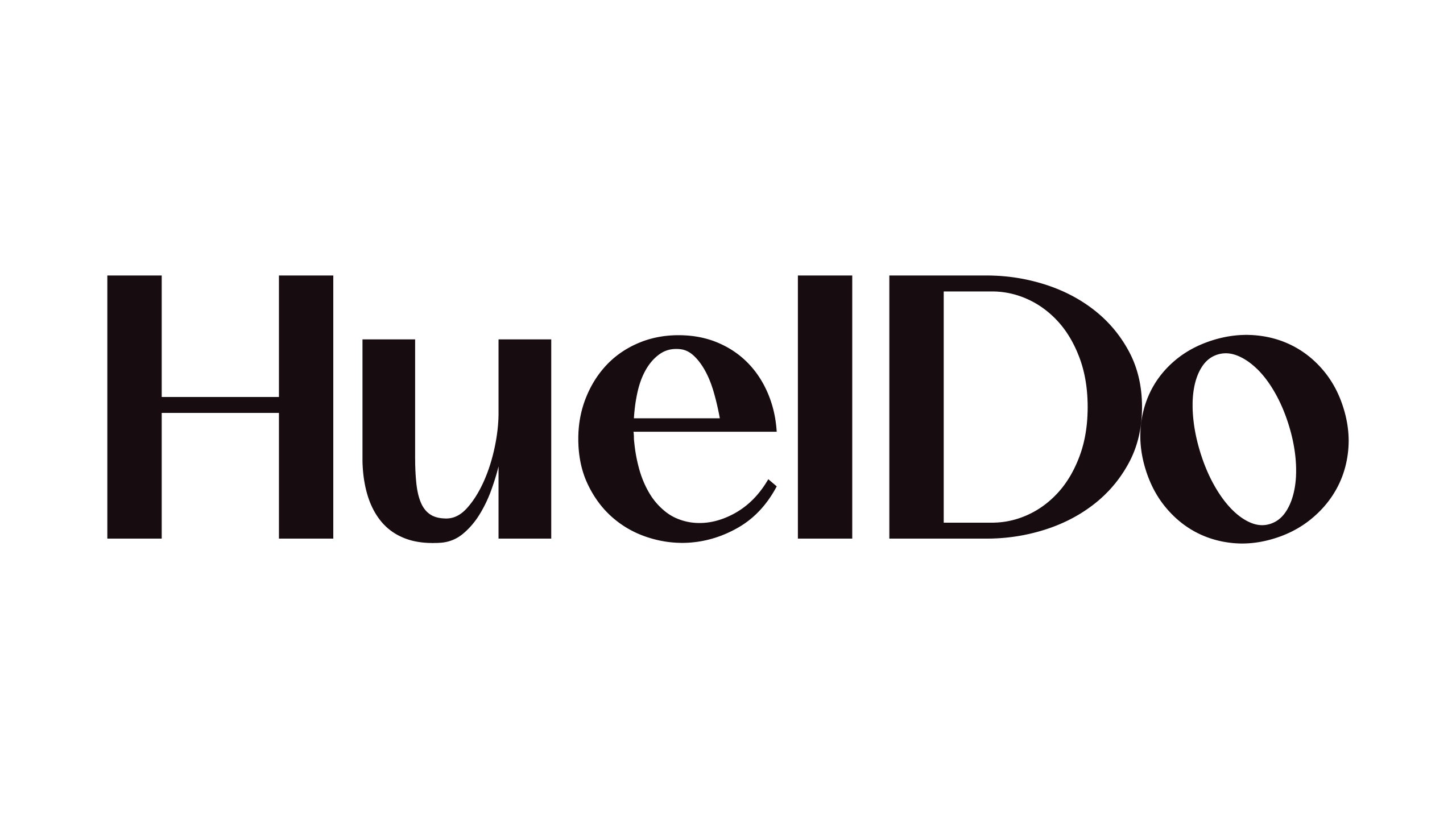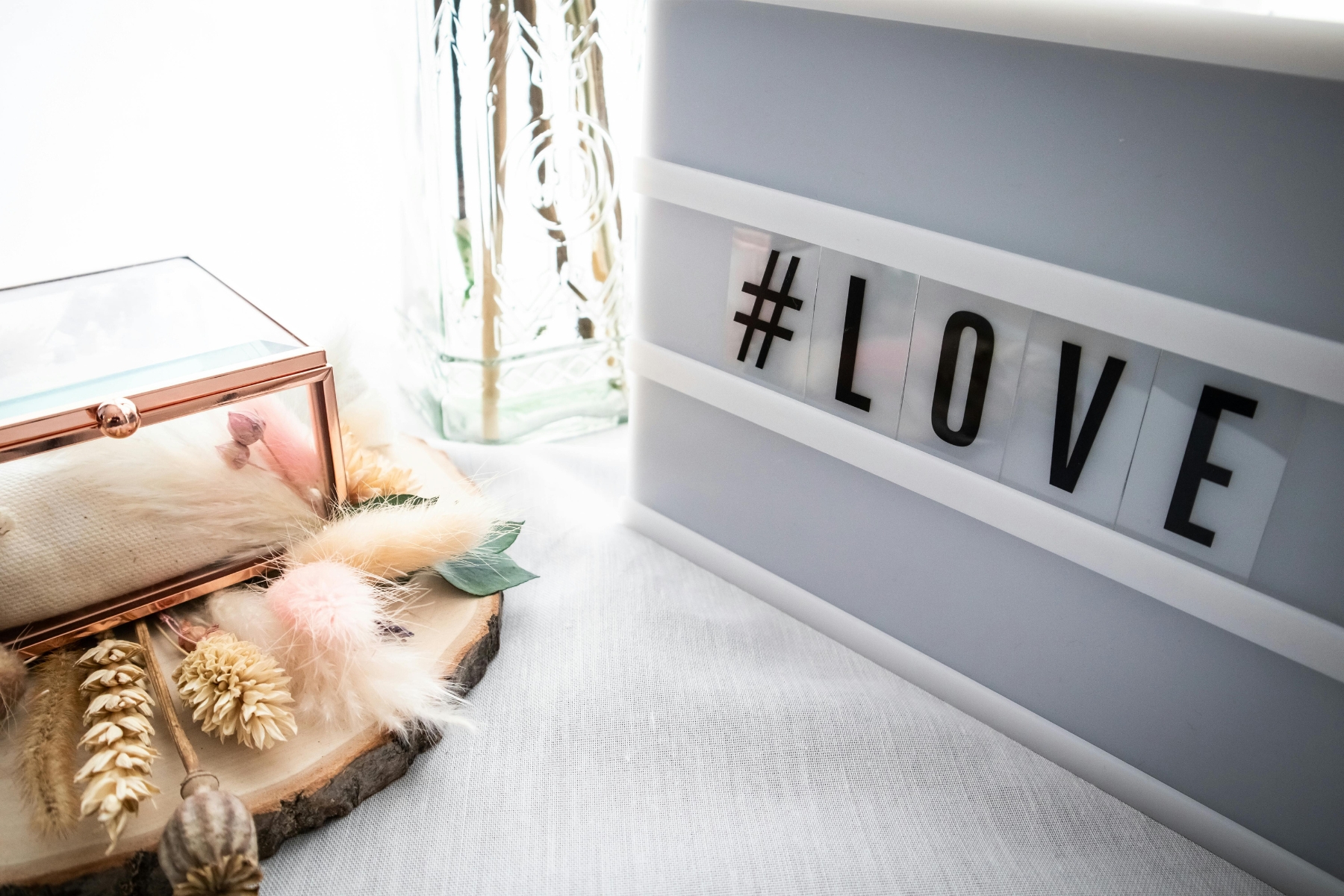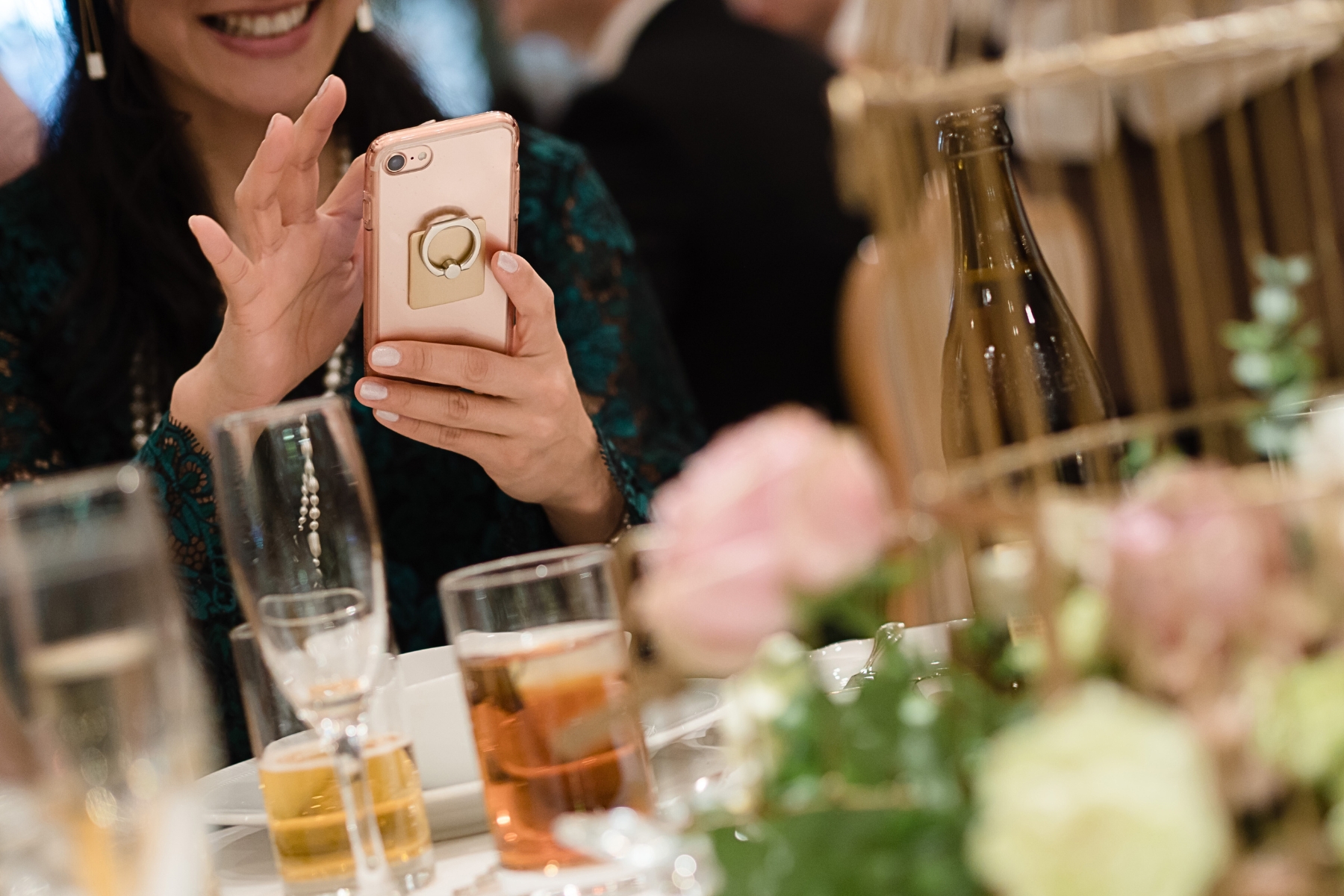For many wedding vendors, TikTok has been more than just an app—it’s been a game changer. It’s where vendors could show up more authentically, educate their audiences in real time, and attract clients from places they never imagined. It’s also where we’ve witnessed the emergence of the content creator as a force in the wedding industry.
But with growing political scrutiny over TikTok’s data privacy and ownership—and real conversations in Congress about banning the platform in the U.S.—creators have been on edge. When TikTok briefly went down and the threat of a ban started to feel more real than hypothetical, panic set in. And for good reason.
That made us think: what happens if the platform we’ve poured so much content, energy, and visibility into suddenly disappears?
We sat down with Chrissandra Jallah, an Atlanta-based wedding photographer and wedding content creator (and former bride herself), to talk about how wedding professionals can pivot with intention and protect their visibility in an ever-changing digital landscape.
Diversify Like Your Livelihood Depends on It (Because It Might)
If the brief TikTok blackout taught us anything, it’s that relying on one platform—no matter how powerful—can leave your business vulnerable. For wedding vendors whose income and visibility are tied to digital presence, that’s a risk you can’t afford to take.
“It’s almost similar to if you put all your eggs in a basket for your one day job,” Jallah said. “You have to make sure you’re taking that information and putting it elsewhere.”
That means more than just posting your TikToks to Instagram. It’s about backing up your content, repurposing it in intentional ways, growing an email list, and creating a digital footprint you control—like your own website, Pinterest boards, and even a YouTube channel.
“I was saving stuff that I knew I hadn’t saved,” she admitted. “A lot of what I have on [TikTok] is stuff I took off of my Instagram already. But then some things where I was talking, they were strictly on TikTok and not on my Instagram.”
If TikTok disappeared tomorrow, would you still be discoverable? Or would your voice, visuals, and value vanish with it? Diversifying isn’t just smart—it’s survival.
Know That Every Platform Tells a Different Story
It’s not just about reposting—it’s about being mindful of how each platform communicates differently.
“TikTok was the place where you could come and be a little less buttoned up,” Jallah said. “You could be more casual. Like you’re on FaceTime with a friend talking. Whereas Instagram, the expectation is that you are more polished. That it’s more aesthetic.”
What does that mean for vendors? If you’re switching platforms, don’t just copy and paste—adapt your tone, format, and approach to fit the vibe of the app. YouTube may be perfect for in-depth tutorials or behind-the-scenes wedding days, while Instagram might thrive off of curated images and quick tips.
But TikTok gave vendors a special kind of freedom: “You could be a yapper on TikTok and no one cares because TikTok is full of yappers. Everybody’s just yapping, yapping around,” she laughed. “But for the other apps, it just doesn’t work. It doesn’t translate well.”
Wedding TikTok Didn’t Just Build Audiences—It Built Community
When people talk about the power of TikTok, they often focus on virality. But for wedding vendors and brides alike, it wasn’t just about blowing up a video—it was about finding community through an algorithm that actually understood you.
“TikTok’s algorithm is like nothing else,” Jallah shared. “You are not able to find people and engage in the same way on Instagram. Not even on Facebook… TikTok was customizing based on what you wanted to see and what you were interacting with.”
That level of personalization created a digital ecosystem where brides could connect with other couples planning in real time, where vendors could speak directly to their ideal client, and where both groups could feel seen. For brides especially—those navigating planning without a coordinator or a supportive circle—TikTok became a lifeline.
“They were able to talk to people who are going through the same thing as them, who were able to relate and understand and have compassion and empathy,” Jallah explained. “And they were maybe not finding that in their circles.”
The threat of losing TikTok isn’t just about numbers or reach—it’s about what it means to be part of a shared, supportive space. And for many in the wedding world, that space has been priceless.
Try New Platforms—but Come Correct
For vendors who never used TikTok, Jallah sees a potential silver lining.
“If you were interested in it and you just never got the chance to, it’s a good time to try,” she said. “People are coming back in full force like, ‘Woo, thank God. We didn’t like it over here. We’re coming back.’”
But she was also clear: don’t come with condescension.
“There were people who were like, ‘I never did it.’ Good for you. We don’t care,” she said bluntly. “Maybe your clients don’t care. But for some of us, some of our clients have found us that way.”
TikTok opened doors: real doors with real bookings. “I have a friend who booked several weddings from her content going viral. She’s based in Tennessee. Those people would’ve never found her otherwise.”
Use the Uncertainty as Permission to Show Up Fully
Ironically, the threat of losing TikTok gave Jallah something she didn’t expect: clarity and courage.
“I think I was afraid to really show up… actually give my opinions or my thoughts on things,” she admitted. “But now I’m like, oh girl, let’s just try.”
Sometimes it takes a shake-up to remember why you started. For Jallah, the idea of losing the one platform where she felt the most like herself shifted her perspective. “Knowing that we almost lost it and it came back—it’s like, okay, it’s a free-for-all. Let’s be ourselves for real.”
Whether you pivot to YouTube, start a newsletter on Substack, or finally get serious about showing up on Instagram, the vendors who will thrive in this next chapter are the ones willing to lead with personality, transparency, and real value—not just polish.
Future-Proof Your Wedding Brand Before It’s Too Late
The truth is, we don’t know what the future holds for TikTok—or any social platform, really. But what we do know is that wedding professionals can no longer afford to build their brands solely on apps they don’t own.
Now is the time to audit your digital presence. Archive your best work. Cross-post your content. Explore new platforms that align with your voice and values. And above all, create a home for your business that lives beyond the algorithm.
“The industry is ever changing. It’s not stagnant,” Jallah reminded us. “You have to be adaptable. You have to be flexible… Because they won’t know you’re here if you do not come up for them to see you.”
TikTok may have helped you find your audience—but it’s your job to keep them, wherever you go next. Let this moment be your reminder to show up, speak up, and spread out. Your future clients are watching… just maybe on a different app.




